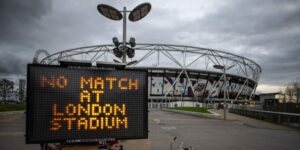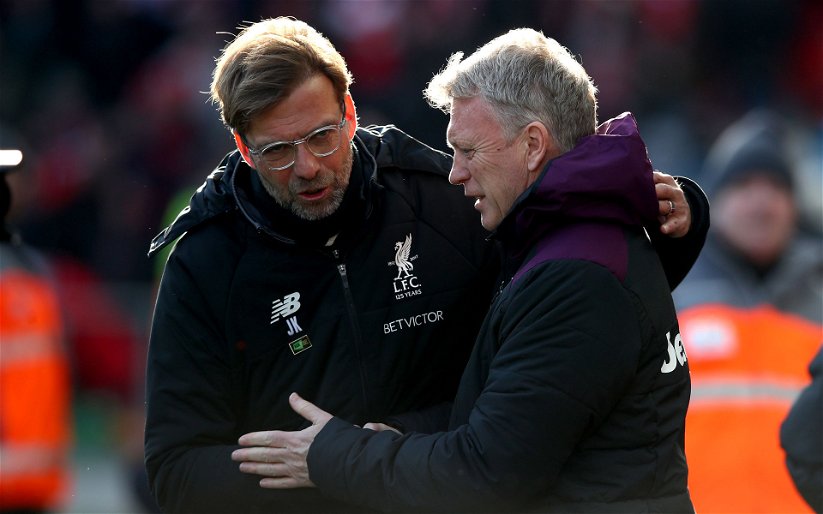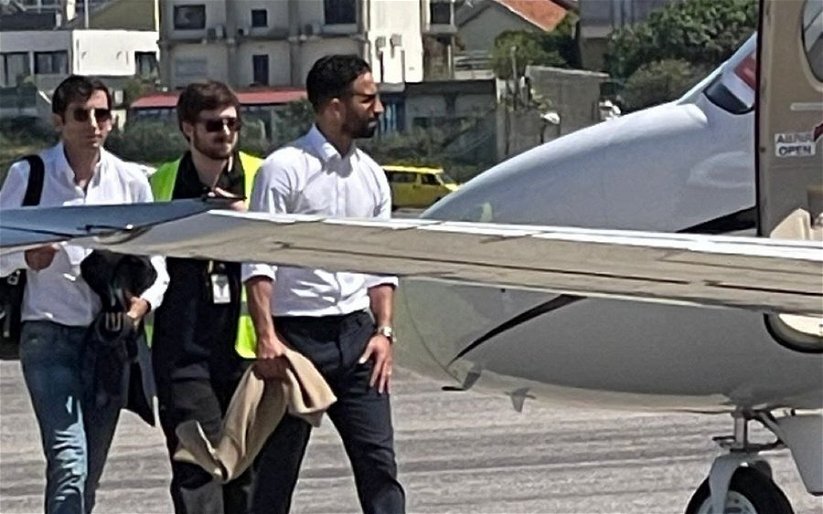 Premier League clubs are worried there will be too many hurdles to overcome even if matches are played behind closed doors and are now in talks about cancelling the season.
Premier League clubs are worried there will be too many hurdles to overcome even if matches are played behind closed doors and are now in talks about cancelling the season.
A report in the Guardian confirms an increasing number of Premier League clubs are actively discussing the possibility of bringing the season to an early end, with concerns growing over the feasibility of a return even behind closed doors.
The Premier League is suspended indefinitely and, last week, a meeting of the 20 clubs reaffirmed the intention to complete the season when it is “safe and appropriate”. Away from collective discussions, however, clubs are informally talking about the hurdles in the way of a return, with some asking whether the challenges will soon become too great.
The Guardian spoke to clubs who have raised a range of concerns including over finance and sporting integrity. The most immediate fear, however, regards medical safety.
Clubs were told last week that play would only resume once there was sufficient capacity for testing while a provisional medical plan has been drawn up with club doctors over how to minimise the risk of infection. But the practicality of the plan was questioned by one club, who argued that players may have to be separated from their families for a month or more to make sure they are not infected. There is also the concern over the amount of testing required, with perhaps multiple tests per person per match being needed, and the possible insensitivity of such a plan when frontline workers in the NHS and other public services are currently not getting the testing they need.
These sentiments have now been echoed by Moyes. “I think we’ve got to realise there are a lot of people whose lives we could be putting at risk,” he said. “We can’t let that happen. I think until we have the testing, which we need for the nurses and the doctors – I’m finding it really difficult to see where the conclusion is and how we can start [to play].”
The financial complexities centre on the extension of player contracts. If the season were to return in mid‑June – a best-case scenario – clubs may have to keep players on large wages who might otherwise have left. Equally some clubs at the bottom would be paying greater wages than they would had they already dropped down a division and activated relegation clauses. It is also the case that some clubs could find themselves in legal dispute with players overextending their deals.
If it were judged safe to play and clubs were able to take the short-term financial hit in the hope of recouping the money later through broadcast revenue, for example, there would remain issues over sporting integrity. A compacted remainder of the league season, with 92 fixtures still to be completed, would take place during the summer months and would have a physical impact on players. Clubs with smaller squads would face a challenge.
One club is believed to consider their squad’s age profile as a disadvantage if a regular rhythm of weekend-midweek-weekend were required. Another raised the issue of what would happen should a player refuse to play over welfare concerns, or if one who had been set for a transfer were selected against their prospective new club.
 West Ham Vice-Chairman Karren Brady said that complex questions still need to be answered over player training, the presence of police at matches, virus testing, hygiene and medical protocols before the Premier League can re-commence.
West Ham Vice-Chairman Karren Brady said that complex questions still need to be answered over player training, the presence of police at matches, virus testing, hygiene and medical protocols before the Premier League can re-commence.
Writing in her column in The Sun, she said: “Players will have been able to retain some physical fitness at home. But if social-distancing rules are still in place, physical match-play training will not be allowed – you can´t tackle from two meters away. So, how match-fit will players be if the season commences, as we all hope it will, by mid-June?
“Everyone at the stadium – and even behind closed doors this is about 300-500 people – including security, staff, medical officers, players, referees and media, will have to have temperature checks, fill out health questionnaires and observe social distancing.
“All this is manageable but what if a player gets injured, where do we send him? It can´t be to an NHS hospital that is already under pressure … so then what?”



